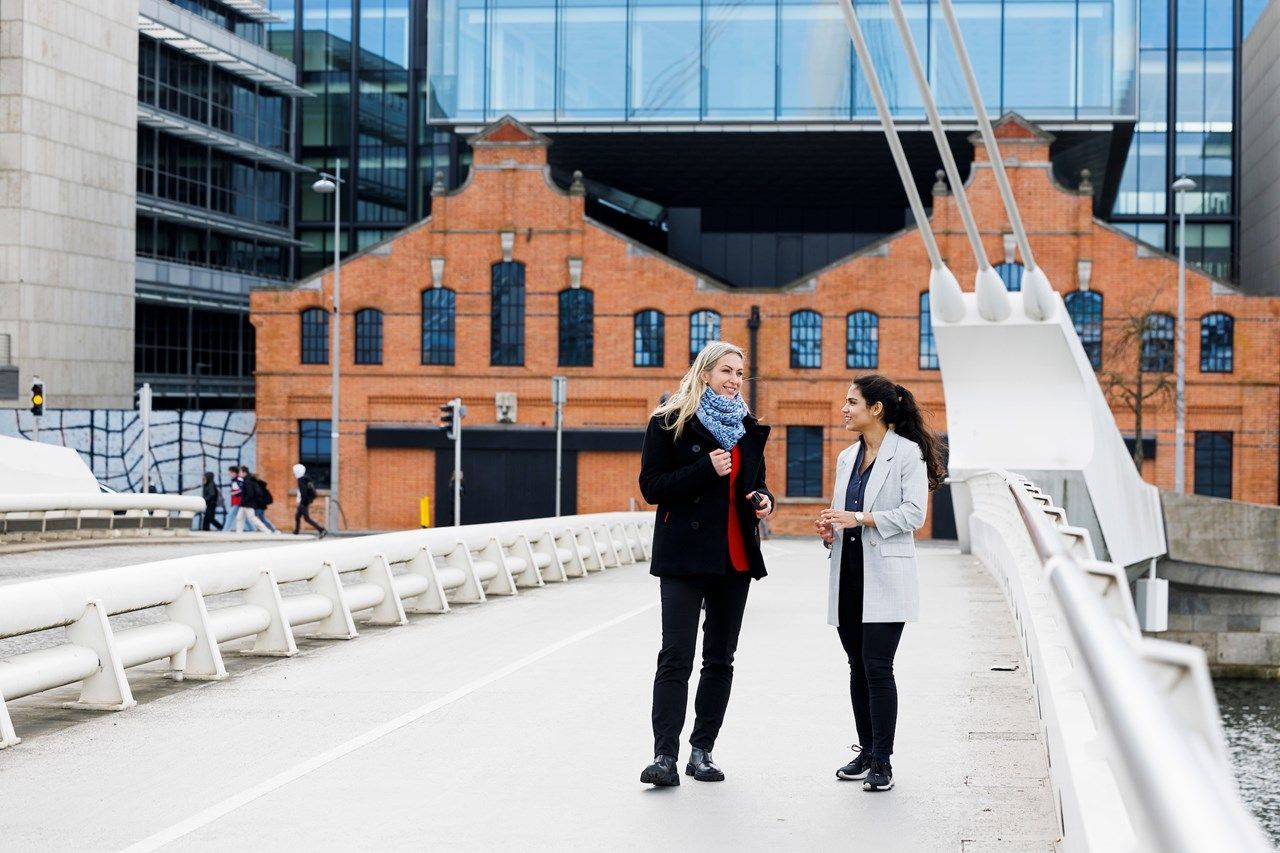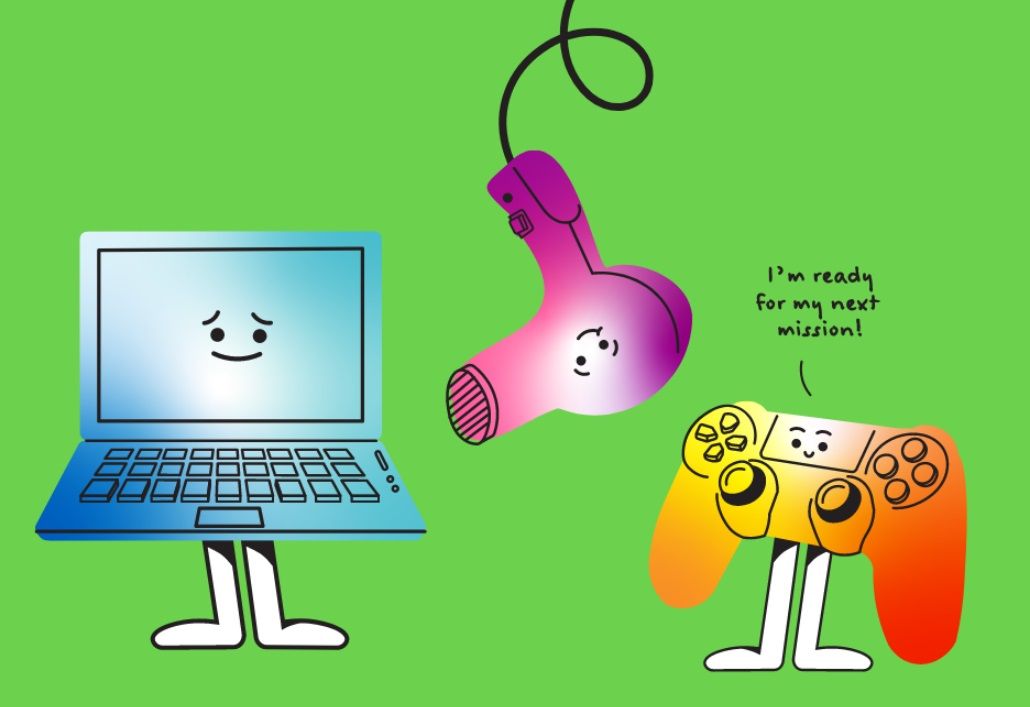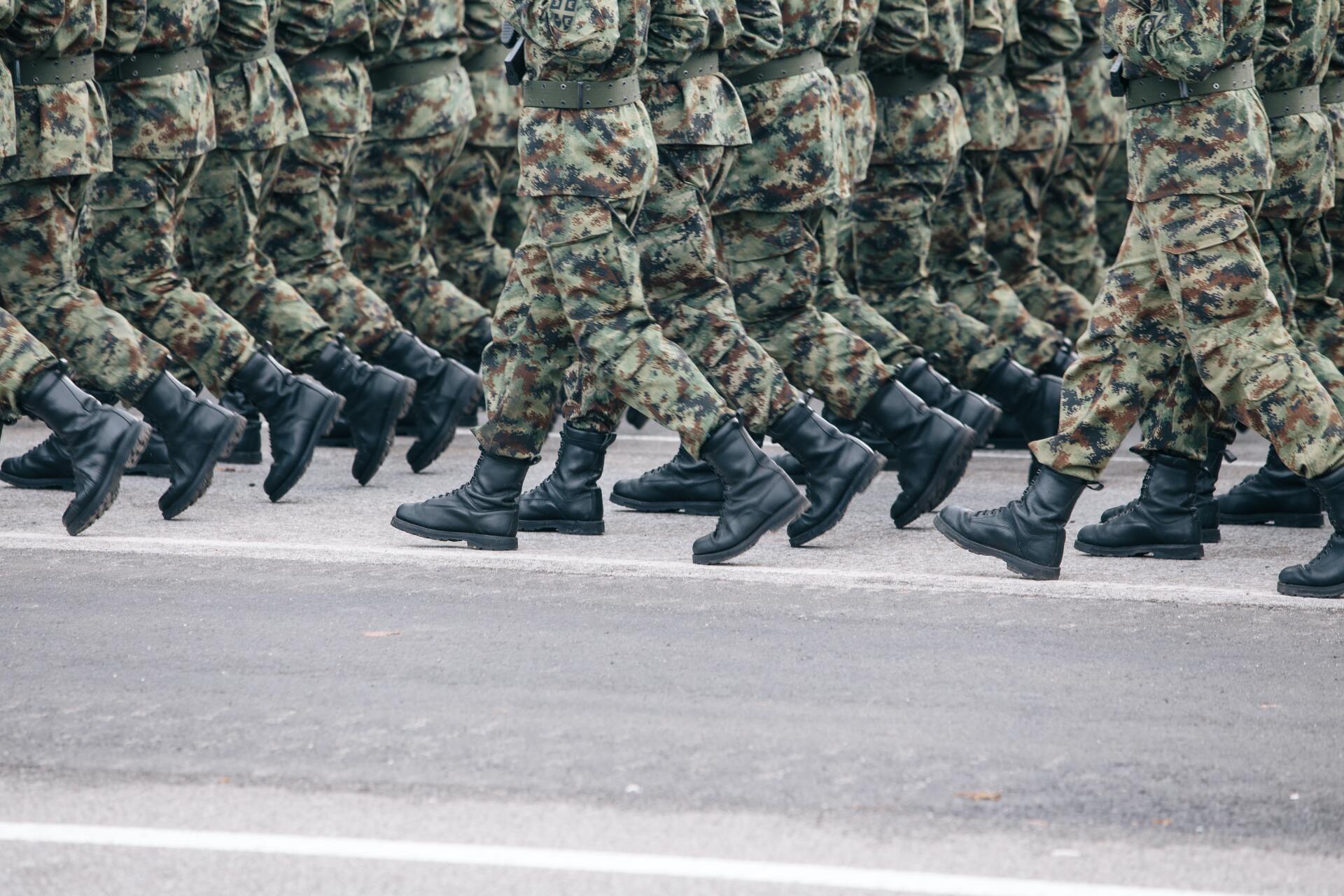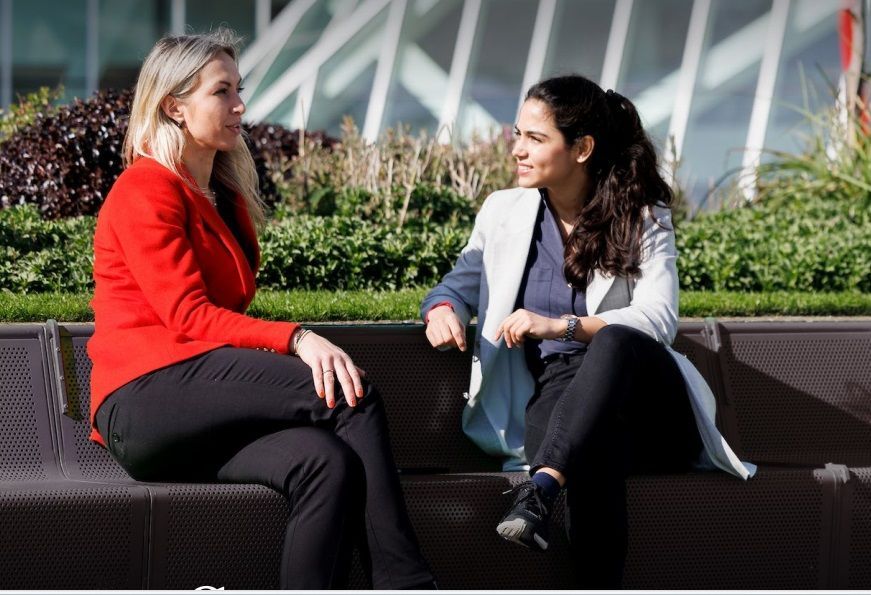Ireland's views on Neutrality and NATO
BehaviourWise research finds the country divided on the question of whether to join NATO or maintain our longstanding policy of military neutrality.
In July this year, we set out to discover how Irish people feel about key aspects of our defence policy – our neutrality, our investment in defence and our membership of the Common Security and Defence Policy (CSDP). We wanted to understand how Irish people feel about the possibility of joining NATO or an EU army (although not in existence today, it is indicative of how people would feel about closer EU military cooperation).
From a behavioural science perspective, we know that at a sub-conscious level our thinking and behaviour are influenced by context and by prevailing narratives. Narratives influence our perception of the world around us, including how we perceive risk and how we decide to protect ourselves against it. We wanted to explore whether narratives could influence people’s thinking and voting intention if we were to have a referendum on NATO membership. To test this theory, we developed two short narratives, one on military conflict and one on food insecurity, both often mentioned in the context of NATO. Using a test vs. control approach, we tested the impact of these narratives on responses.
In short, we found that exposure to a narrative about military conflict makes people more likely to support Ireland joining NATO or an EU army, and to support an increase in military defence spend. The narrative about food insecurity did not have a significant impact on responses to these questions.
The study also revealed a low level of understanding of the core purpose of the Common Security and Defence Policy (CSDP) of which Ireland is a member.
“The results from this study indicate that the NATO question is very much dividing the nation. The war in Ukraine has made the threat of conflict salient for Irish people. Interestingly a European alternative to NATO was slightly more favoured, yet this study reveals low understanding our current EU commitments. It’s important that Ireland now has an open, factual and fair conversation surrounding Ireland’s role in a rapidly changing geopolitical landscape.” Caolán Rooney, BehaviourWise
“Our thoughts and behaviours are affected by context, and by prevailing narratives. The war in Ukraine has changed the context, and as a result the country is now split on the question of whether to remain neutral or join NATO. How the narrative around neutrality and NATO membership is framed carries weight: it could make all the difference to a referendum result. It is important that people are informed, different perspectives are considered, and people are given the time to reflect before a decision on the direction of future policy is taken.” Claire Cogan, BehaviourWise











